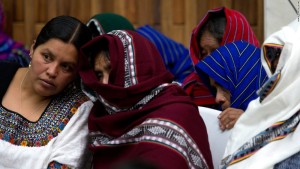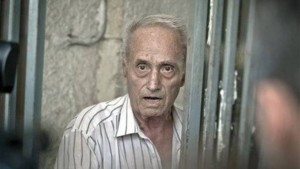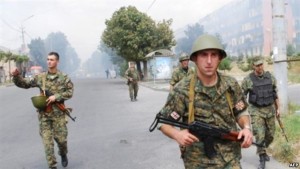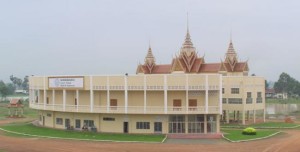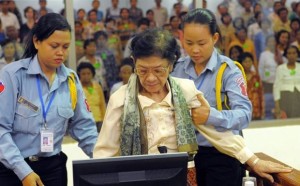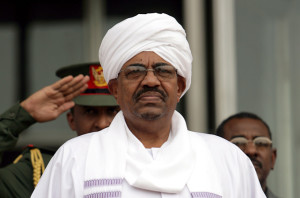
Jean-Pierre Bemba Gombo in the ICC courtroom during the delivery of his verdict on 21 March 2016 ©ICC-CPI
Today, Trial Chamber III of the International Criminal Court (ICC) unanimously found Jean-Pierre Bemba Gombo guilty of all five counts he was accused of: two counts of crimes against humanity (murder and rape) and three counts of war crimes (murder, rape, and pillaging). The crimes were committed in the south of Central African Republic (CAR) between October 2002 and March 2003 (the 2002-2003 CAR Operation) by a contingent of Mouvement de Libération du Congo (MLC) troops. Mr. Bemba, who was the MLC President and the Commander-in-Chief of the Armée de Libération du Congo, was found guilty as a person effectively acting as a military commander with effective authority and control over the forces that committed the crimes.
The Chamber discussed facts that occurred during the armed conflict between the Central African governmental authorities, supported among others by the MLC, and the rebel armed group of the Forces armées centrafricaines, that lasted from 26 October 2002 to 15 March 2003. The Chamber found that the MLC soldiers then directed a widespread attack against the civilian population, and that they committed many acts of pillaging, rape, and murder against civilians, over a large geographical area. The Chamber found that acts of murder, rape, and pillaging were committed consistent with evidence of a modus operandi apparent from the earliest days and employed throughout the 2002-2003 CAR Operation. Continue reading


